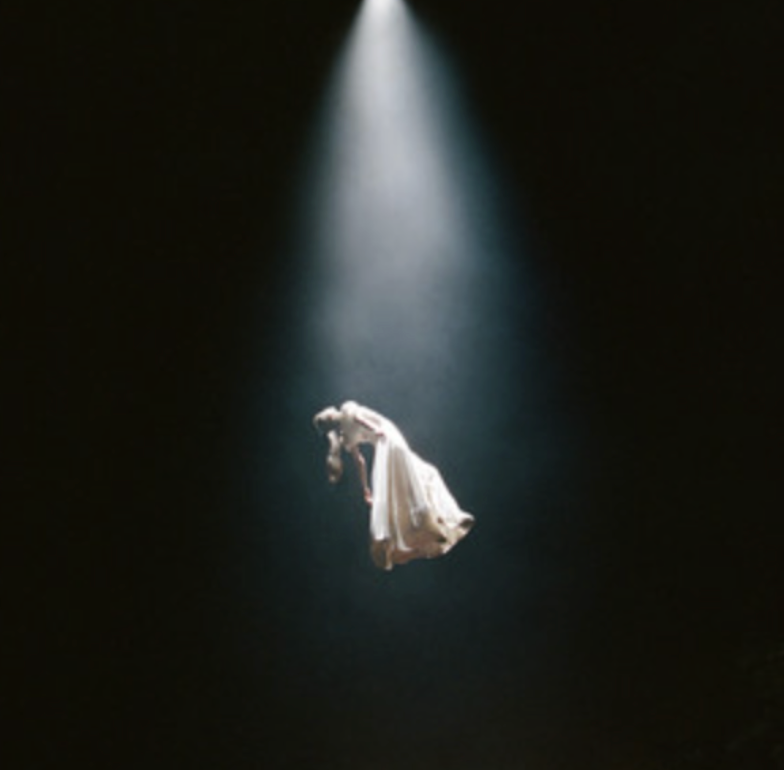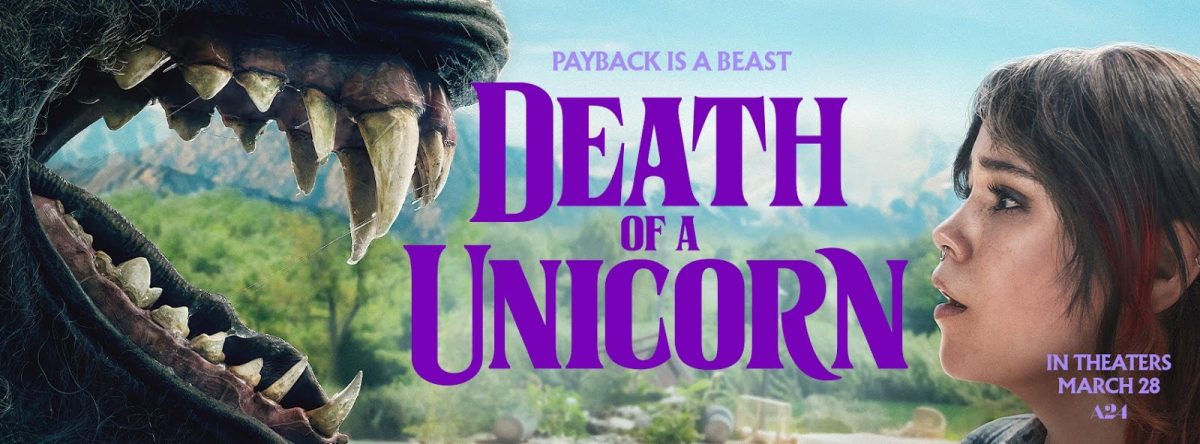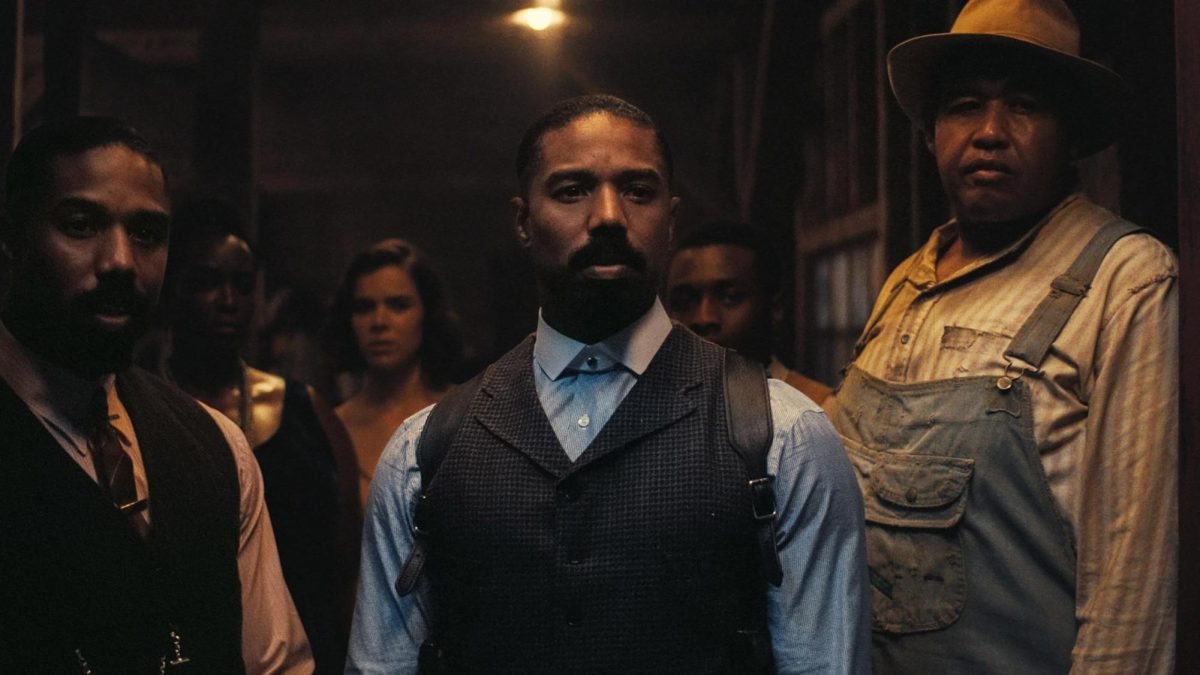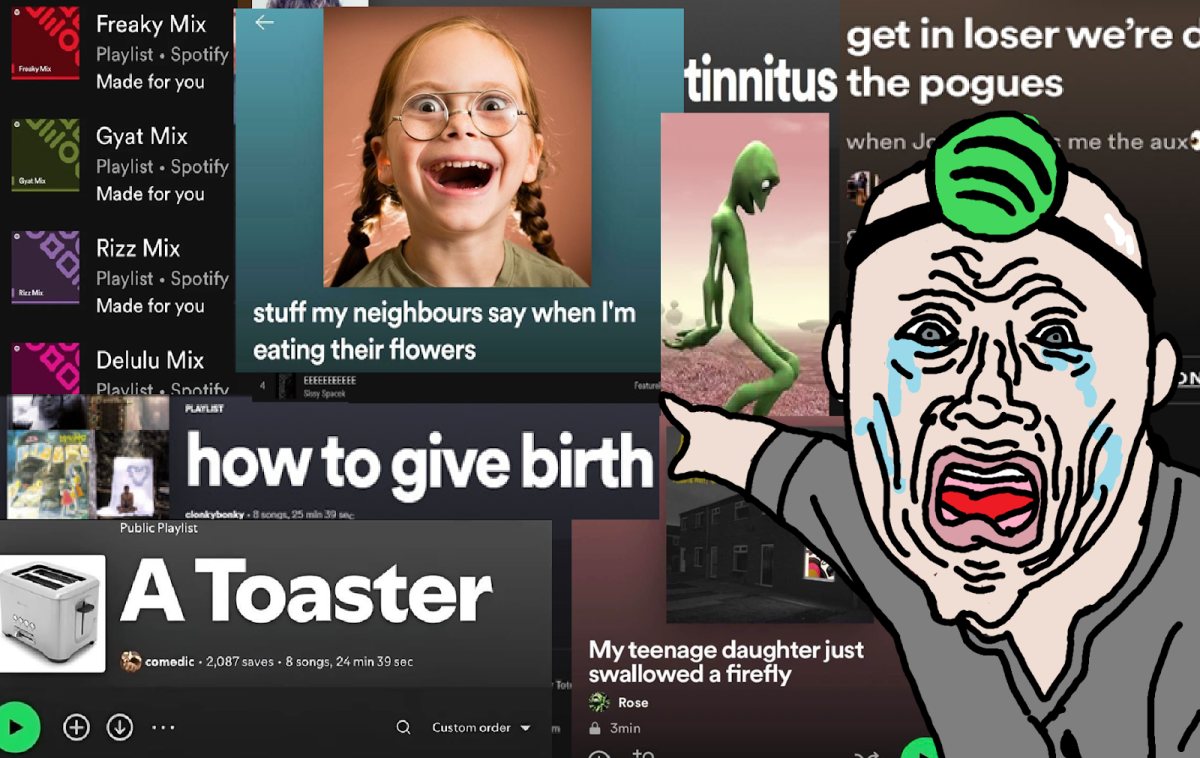First of a flurry of albums set to be released from Top Dawg Entertainment this year
By Jason Amico
Donning his signature bucket hat, designer sunglasses, and Air Jordan sneakers, Quincy Hanley, better known as Schoolboy Q, came out to an excited crowd the evening of February 24th at Rasputin Records in Berkeley, one day before the release of his major label debut album, Oxymoron. “Groovy Q” had been discussing the release of this heavily-anticipated project for over a year. “It took me so long to get this album out but I final got it out. I really appreciate y’all and wouldn’t be here without y’all,” the “Man of the Year” proclaimed to his fans before performing a couple songs the day before his album officially released to the public under the Interscope and Top Dawg Entertainment labels, the first under both after Kendrick Lamar’s astronomically successful Good Kid, m.A.A.d City garnered much positive attention and was nominated for seven Grammy Awards.
The album as a whole was formidable after the first listen, though nothing near what I heard from the Germany-born, LA-based artist in the past. He himself has noted that he emphasized on how “gansta” the album sounded, going back to LA’s more aggressive, bass-and-vulgarity-driven gangster rap from the 1990s, and appropriately so, Oxymoron’s first track is titled “Gansta.” That song, along with “Purge” featuring Odd Future frontman and fellow LA emcee Tyler, the Creator, begin with monologues about Q himself from his daughter Joy. These soft comments from a little girl provide an interesting contrast to the heavy, violent ballads told by her father. My personal favorite track is a tie between a “slapper” in What they Want featuring 2Chainz and the slow, meaningful melodies from Grooveline, Pt. 2, a collaboration with fast-talking, street-raised Compton legend Suga Free.
The work was a lot more technically basic than GKMC and is a completely separate work, so I do not feel that the two should even be compared. Kendrick’s work was a “short film” portraying a cohesive story of a day in the life in Compton, while Q delivers a versatile array of tracks based on his current ambitions and how these goals generated from a similarly rough past in Los Angeles. However, Schoolboy’s lyrics tend to be catchy and repetitive, which works for him but isn’t always as crisp as it could be. Tracks that stood out to me the most included “Los Awesome” featuring Jay Rock, another member of Black Hippy, and was produced by Grammy-winner Pharrell, the very dark “Break the Bank” was produced by The Alchemist, and “Studio” featuring renowned vocalist and frequent TDE-collaborator BJ the Chicago Kid. The album feels like it has some filler songs and is not a contender to be any kind of classic. But it is good at what it aimed for, and should be considered a success nonetheless and I strongly encourage any and all interested music enthusiasts to give it a listen, but fans of the current upswing of West Coast hip-hop will enjoy it the most.











